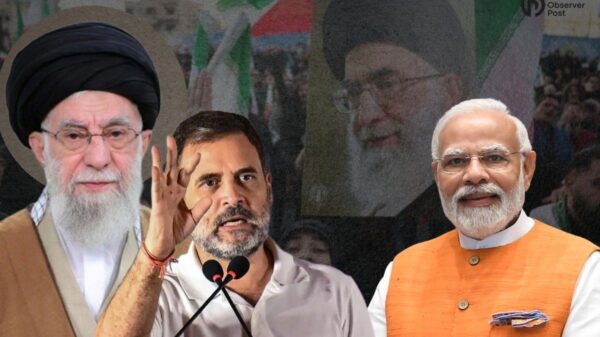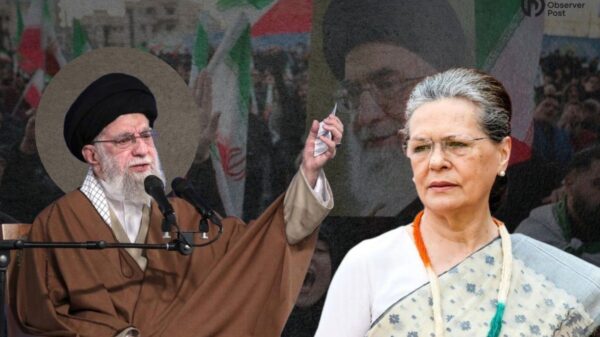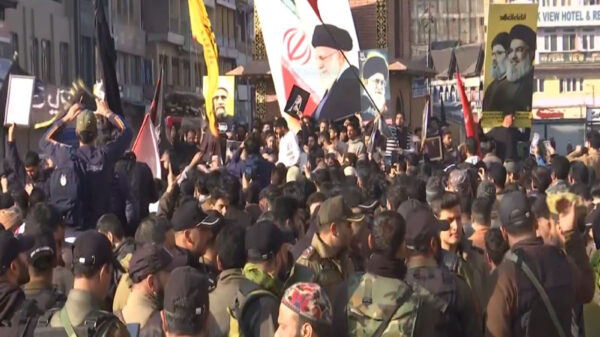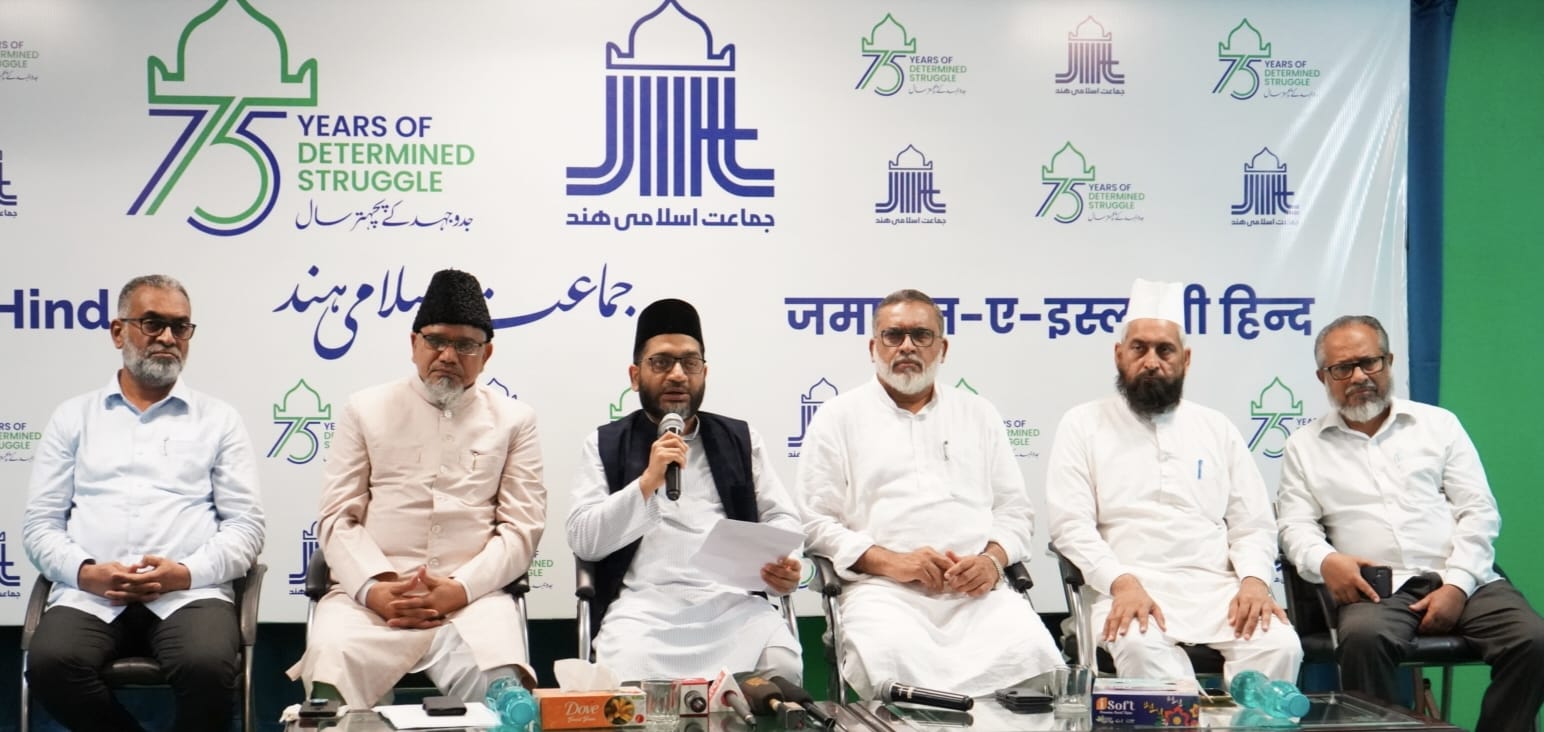Jamaat-e-Islami Hind, one of the largest Muslim organizations in the country, has expressed its strong opposition to the implementation of a ‘Uniform Civil Code’ in India.
According to the organization, such a move is not only undesirable but could also pose a significant threat to the harmony and fabric of society.
The Jamaat-e-Islami Hind, in a press release, has appealed to the Law Commission of India to maintain its previous stance on the matter and urges the government to consider amending the Family and Personal Laws instead. They fear that endorsing a ‘Uniform Civil Code’ could potentially undermine the nation’s cherished concept of ‘unity in diversity’.
The organization claims that a ‘Uniform Civil Code’ would likely lead to increased polarization within the country. Moreover, they have expressed concerns regarding the time frame for consultations and proposals on the matter. Responding to the Law Commission’s public notice issued on June 14, 2023, Jamaat-e-Islami Hind has presented its point of view on the subject.
It is worth noting that the 21st Law Commission, in its recommendations between 2016 and 2018, had opined that a ‘Uniform Civil Code’ was unnecessary and undesirable given India’s diverse and pluralistic nature. The recent revival of discussions on the topic by the Law Commission has raised eyebrows, especially considering the lack of clarity and ambiguity surrounding the meaning and implications of the ‘Uniform Civil Code’.
Jamaat-e-Islami Hind points out that these ambiguities make the issue complex and render it nearly impossible to form a fair and comprehensive opinion. They emphasize that preserving the existing Family and Personal Laws would be a more viable approach to uphold the country’s unity amidst its diverse population.
As the debate continues, various groups and stakeholders are closely monitoring the situation to see how the government and the Law Commission of India respond to these concerns. The matter of the ‘Uniform Civil Code’ remains a subject of contention, with differing views on its potential impact on the nation’s social fabric and communal harmony.































































